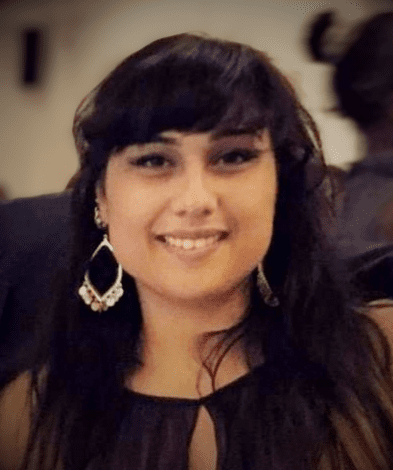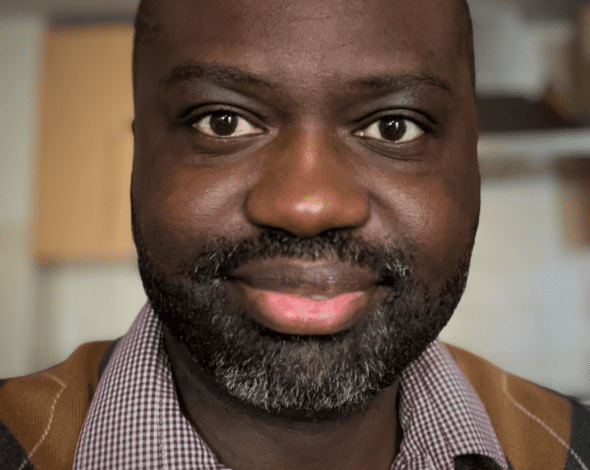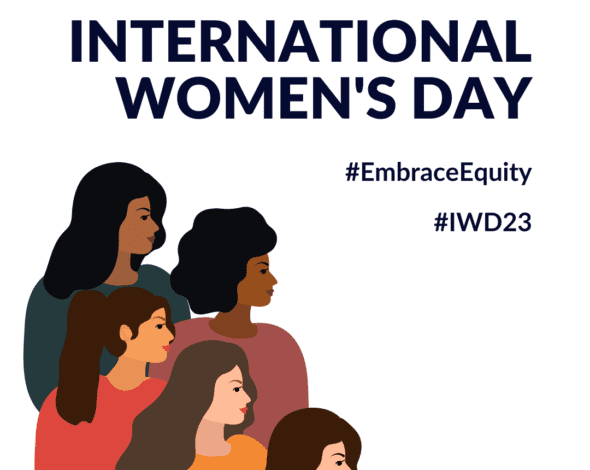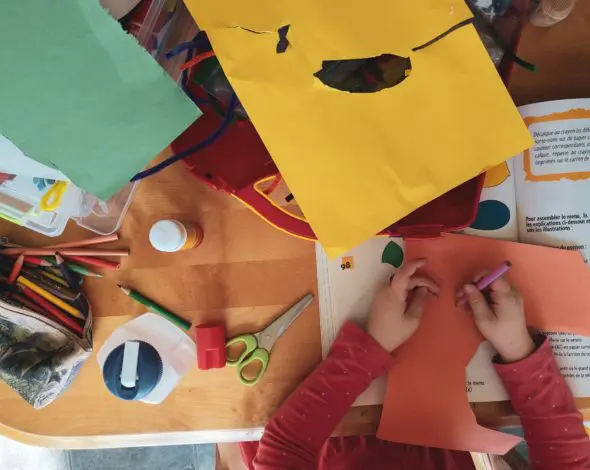Liam McCann qualified as a social worker in 1997. He joined an adult care team initially but had always been interested in mental health social work and after a few months, secured a role with a mental health team. After qualifying as an approved social worker in 2000, Liam spent time with recovery and assertive outreach teams, before becoming a senior practitioner with South Gloucestershire Council’s AMHP Service in 2018. Here, Liam reflects on social work’s challenges, aspirations, and the profession’s meaning for him.
Liam, please tell us what social work means to you.
I am a person of faith; I know this isn’t everyone’s cup of tea, but it is mine, and there is a very famous quote from a series of poems by Kahlil Gibran called The Prophet that says, ‘work is love made visible.’ Usually, any meaningful conversation always comes back to love, to me it’s the whole point of life; sometimes, with social work or any job really, you can get stuck in the routine, the regularity, or the challenges. Often, we are doing things that people don’t like, and they make that clear. Our work isn’t straight forward, simple, or uncomplicated, it isn’t always sweet and nice, but we must do our work with respect and dignity; that for me is love, and a key aspect of social work.
Christ said, ‘whatever you did to the least of my people you did to me.’ I think you can read that in lots of ways but the way I look at it, and which makes sense to me with social work, is that everyone has innate value, that divine spark within them. Whenever we work with a person, we’re honouring their humanity, and that divine spark, even when the person is unable to see it for themselves.
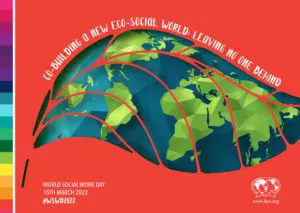 Please share your reflections on the last year.
Please share your reflections on the last year.
From an observational point of view, it’s remarkable how many people have come to our service who have had no contact with mental health services before. I’ve put that down to the experience of lockdown, it seemed to do something people weren’t expecting. It deprived them of their usual support outlets, whether that’s family, friends, or socialising; more than that, it deprived them of the simple freedom to be around other people, to just be in the company of others, and the impact of that has been significant.
I take my hat off to my team for pushing through the whole pandemic experience. They just kept going when things were really difficult; we came to work, exposing ourselves to Covid-19, which is not just an issue for us but for our relatives too. I think it’s really important we appreciate quite how testing it has been for people, the team here, the social work profession, the NHS and the police.
What’s next for social work?
I think more of the same to be honest with you. The team and I were talking about how social work is kind of unglamorous; we have lots of TV dramas about medics, there’s a level of urgency and risk and resolution it seems with medicine, but with social work, sometimes there is no resolution. But it’s important that we continue to value people, respect them, even when they don’t want what we have to offer them; I think there will be more of that, whether or not we are recognised or thanked for it.
Please share your thoughts on this year’s World Social Work Day’s theme ‘Co-building a New Eco-Social World: Leaving No One Behind.’
We still haven’t got the hang of all this; how do we not stuff up the planet? Clearly, we have to do something radically different but sometimes I struggle with how lazy we can be, we’re not going to budge until it’s absolutely necessary. I’m not sure why but sharing resources is something we seem to struggle with as a group of nations. It’s easy to forget when you have a lot that there are others who don’t, and you don’t want to lose what you have; I don’t know how we get around that one, but it is a noble vision.
Thank you Liam for sharing your thoughts with us.



